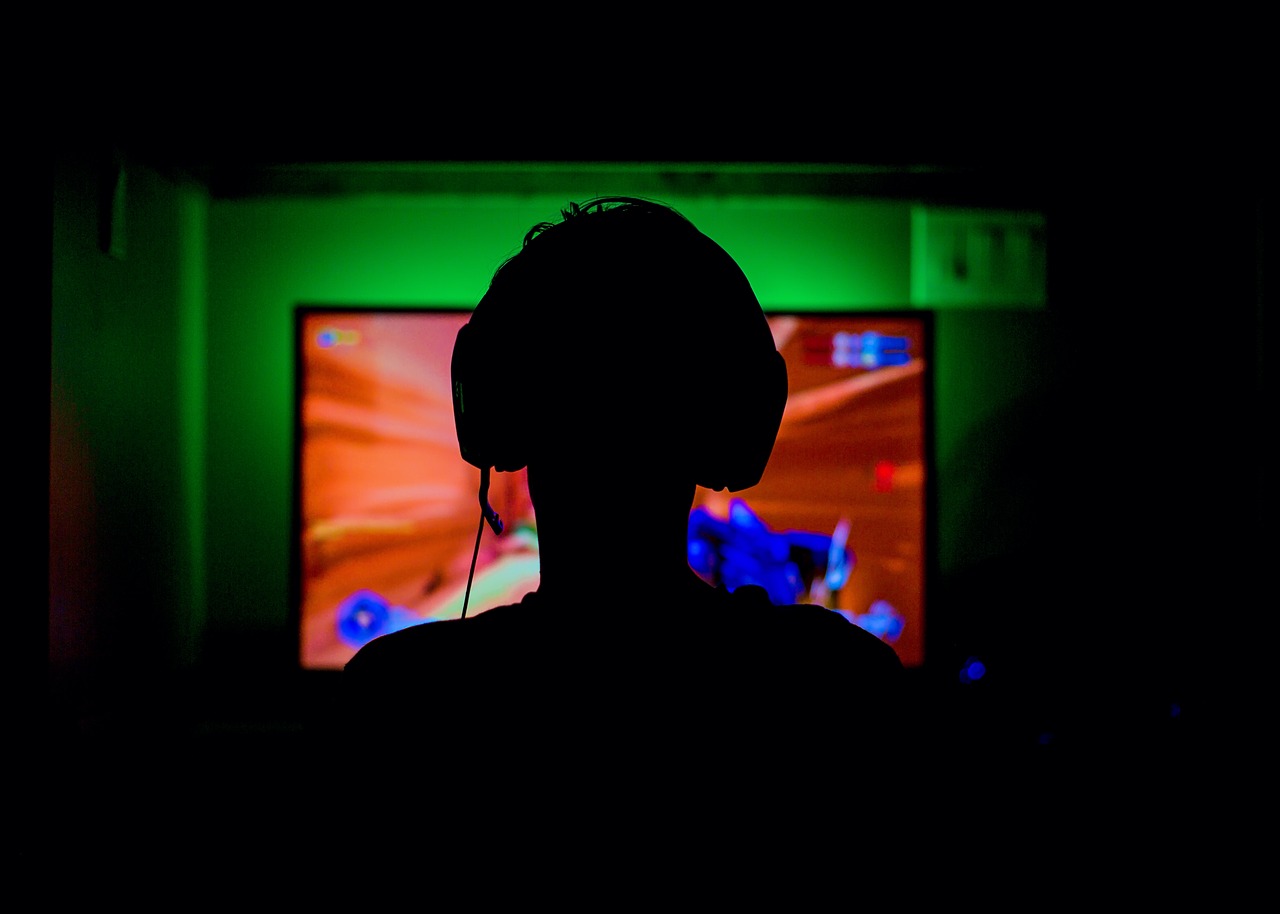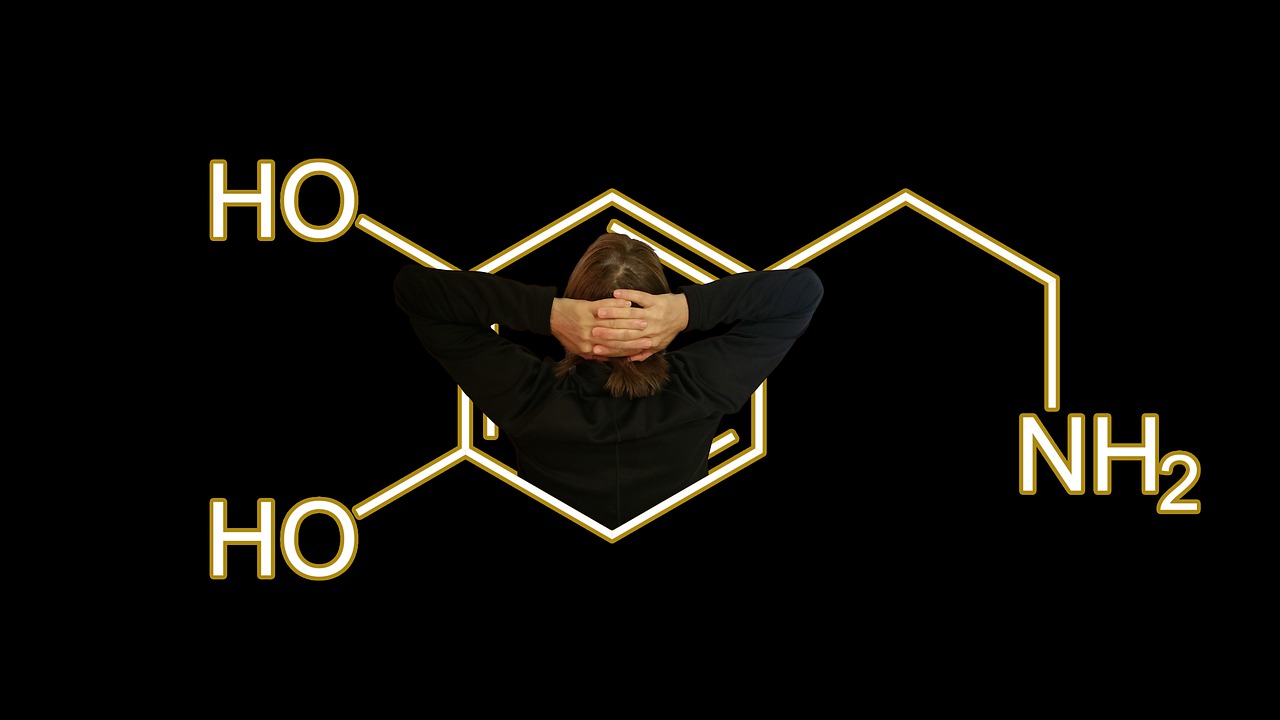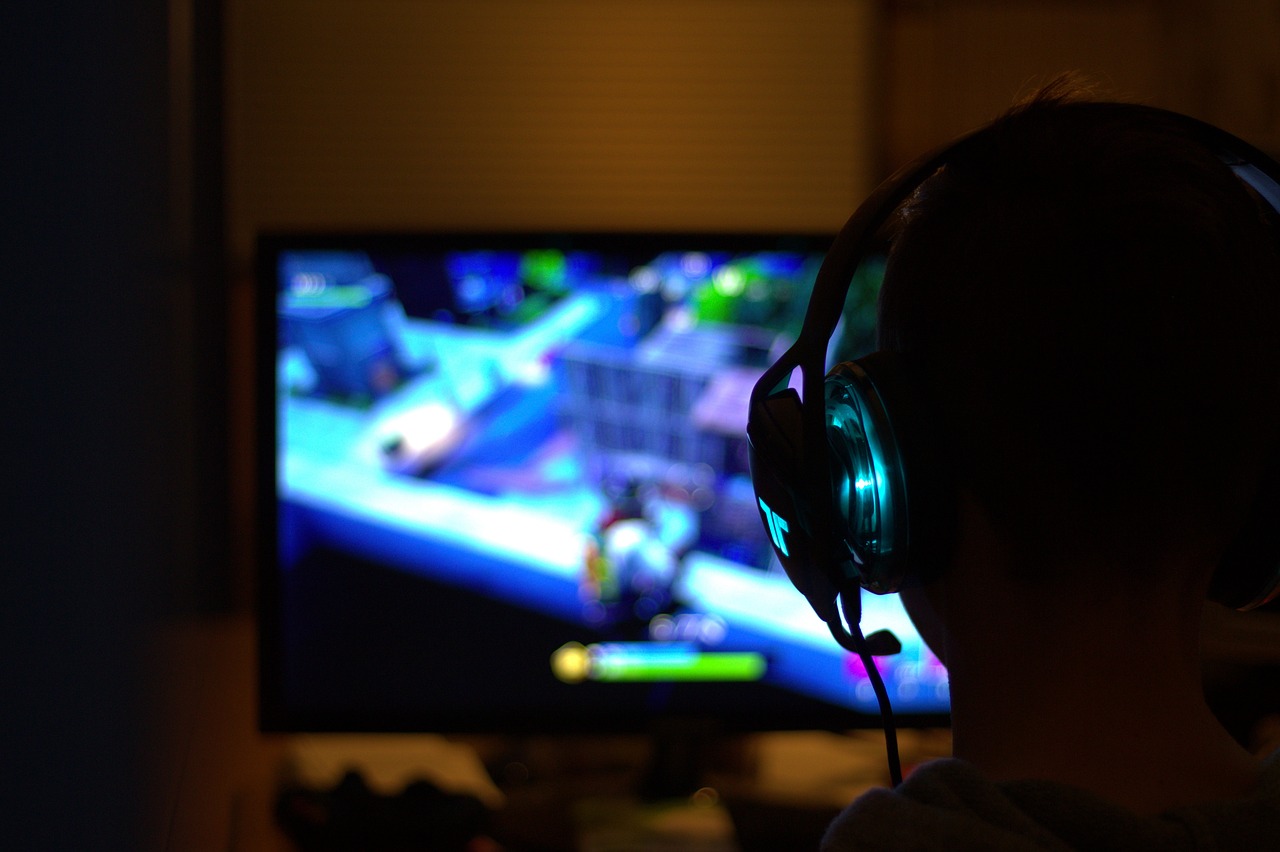YOUR BROWSER IS OUT-OF-DATE.
We have detected that you are using an outdated browser. Our service may not work properly for you. We recommend upgrading or switching to another browser.
Date: 16.02.2022 Category: general news, science/research/innovation

The first computer game was written 75 years ago. Today, virtual worlds are constantly traversed by millions of players. Thanks to smartphones, games have become a widely available form of entertainment that has a huge impact on our psychology.
 Piotr Sobolewski, Ph.D. – Emotions are key to fully immerse the user in the created world. This is the most important thing in games. Recently, the term "metaverse" has become popular. It's just a virtual world in which we feel like in the real one.
Piotr Sobolewski, Ph.D. – Emotions are key to fully immerse the user in the created world. This is the most important thing in games. Recently, the term "metaverse" has become popular. It's just a virtual world in which we feel like in the real one.
It is related to our abstract thinking skill. Research shows that this feature allowed us to e.g. build large communities. As a result, we gained a huge advantage, for example against the much physically stronger Neanderthals, who, however, were not able to form larger groups. Unfortunately, the ability to think in abstract terms is both a blessing and a trap. After all, we now believe in the existence of the state or the law, which, after all, do not exist. By evoking emotions, games are the key to our imagination, and we have a great predisposition to function in the abstract world, although we do not know yet how long we can stay in it. However, you can already see the trend that shows that we can get addicted to games.
Yes, and this is due to the fact that when designing games, the most important thing is to design the path for the player in such a way that it is possible to arouse his virtual needs. From interest to curiosity to desire. Although research has only recently been conducted in this area, we start to discover secrets of the brain that were previously impossible to study. The popularization of games also among people who are not typical players completely changed the perspective of the research.
This is called a core or hardcore player, i.e. one who wants to delve into the game, learn about the history, explore all aspects of the game. Someone who becomes engaged on his/her own. The development of technology, especially of mobile technology, allowed the games to reach a wide group of people, the so-called casual players or – as we would say in Polish – "Sunday players.” These are people who often had no contact with games on personal computers or consoles and their first encounter with them took place thanks to smartphones. People started investigating applications for this new tool, and then games came to their attention. A family of mobile games was born then, which is now much larger than the entire market of console and computer games combined.
 So one can say that that the number of players has increased a thousand times over just a few years. There is probably no other industry in which the number of consumers has grown so quickly.
So one can say that that the number of players has increased a thousand times over just a few years. There is probably no other industry in which the number of consumers has grown so quickly.That is why it aroused the interest of scientists. I’m interested not only in the psychological aspects of this phenomenon, but also in the chemicals that are released in the brain when playing – which of them, when and how. It all sounds very abstract, but once we know these rules, we can learn everything from our own example.
Dopamine, serotonin, oxytocin and endorphins. Together, they have been described by psychologists as the happiness hormones. It means that when the levels of all these four hormones in our body are high, the chemical definition of happiness comes in and we feel best. Importantly, all these relationships allowed us to survive. In short, dopamine makes us want to do anything, serotonin is responsible for the feeling of conscious contentment, oxytocin has allowed us to form communities, and endorphins make us able to function even when we are very tired.
Serotonin is released when the player is shown their progress, his/her character development, or simply when the player is reminded of how important he/she is. Oxytocin appears as a result of all mechanisms related to supporting each other, e.g. in cooperative missions in the game, or when giving gifts. Interestingly, this hormone is also released in single-player games, in which we strongly identify with the character we control. On the other hand, we deal with the injection of endorphins when overcoming difficult challenges, e.g. fights with powerful opponents.
 There's still dopamine – the hormone responsible for the fact that we want to do things?
There's still dopamine – the hormone responsible for the fact that we want to do things?This is, unfortunately, our double-edged sword. On the one hand, dopamine is our main motivator to act, but on the other hand, it is because of it that various types of addiction appear. Games, by triggering the formation of these chemical compounds, also try to make use of them. This is the case with dopamine, which is mostly secreted in our brain just before receiving the reward. That is why the moment of obtaining a reward is artificially extended in games, so that we want to repeat a given activity later. It is very unethical, because by extending the so-called dopamine pathway in the brain, step by step, games are getting us closer to addiction.
To some extent, yes. Games have such a complex structure that very often they require us to plan and engage our consciousness on the same level as when we solve real problems. This fact very strongly engages our mind, which is now additionally trained to achieve the highest possible efficiency. Therefore, games fit exactly into the hierarchy of values that we deal with in the real world and that is why it is so easy to get lost in them.
In fact, it all starts the moment we think about the game without playing. If, while studying or at work, we are wondering what we will do in the game after returning home, or we are taking the bus thinking about the strategy we will use in the game, – the game has us. Paradoxically, it is thinking about the game that is more addictive than just playing. Once you realise it, you should just focus on your current activity. When you stop thinking about the game, you stop desiring it.
One of the best methods is to surround yourself with people who are not gamers. People are by nature imitators, therefore, based on the so-called pattern effect, we react very strongly to the behaviour of others. Most people are not mentally strong enough to cope with any addiction on their own, which is why an appropriate social environment is necessary. Only this can provide us with the right balance.
 And as a society, are we prepared to fight this type of addiction?
And as a society, are we prepared to fight this type of addiction?I do not think so. The rapidly growing access to games and their mass distribution cannot be stopped. I am afraid that we are moving in a direction in which in 5-10 years we will be hit by a huge wave of depression among people who will not be able to cope with addiction. It is also possible that we will go the other way and create a virtual world in which we will all function and in which we can be completely controlled.
It seems to me that the film did quite well in terms of the futurology of virtual reality elements. In addition, the development of this world may be accelerated by the use of artificial intelligence – also in computer games. It cannot be stopped anymore.
This is just the present, because such solutions are already used in some productions. Thanks to artificial intelligence, we are already able to create appropriate player profiles that are quite strongly correlated with our personalities. We are getting closer to making the game know us better than we know ourselves. Imagine a game that writes itself as we play it. The artificial intelligence in it understands our psychological profile, knows what we need, how to dose rewards to us, how to deceive us at the right moments, in short – it knows us better than we know ourselves. When this limit is exceeded, it may turn out that we no longer control ourselves and that we do not control our virtual character.
Of course – games can also be therapeutic. I've often had the pleasure to participate in the design of games that were aimed at helping patients suffering from severe pain after various types of accidents. We prepared virtual reality games for them, such that were supposed to immerse them in this world and give them pleasure. It turned out that in approx. 80% cases, these people forgot about pain, which often took their will to live.
***
 Piotr Sobolewski, Ph.D. – works at the Department of Computer Systems and Networks at the Faculty of Information and Communication Technology, WUST. In his research, he analyses, inter alia, the processes taking place in the player's brain, the chemicals that are released and how the player's personality correlates with his/her preferences. Dr. Sobolewski also investigates the possibilities of using artificial intelligence algorithms for the purposes of designing computer games. He is head of The Knights of Unity development studio.
Piotr Sobolewski, Ph.D. – works at the Department of Computer Systems and Networks at the Faculty of Information and Communication Technology, WUST. In his research, he analyses, inter alia, the processes taking place in the player's brain, the chemicals that are released and how the player's personality correlates with his/her preferences. Dr. Sobolewski also investigates the possibilities of using artificial intelligence algorithms for the purposes of designing computer games. He is head of The Knights of Unity development studio.
Our site uses cookies. By continuing to browse the site you agree to our use of cookies in accordance with current browser settings. You can change at any time.